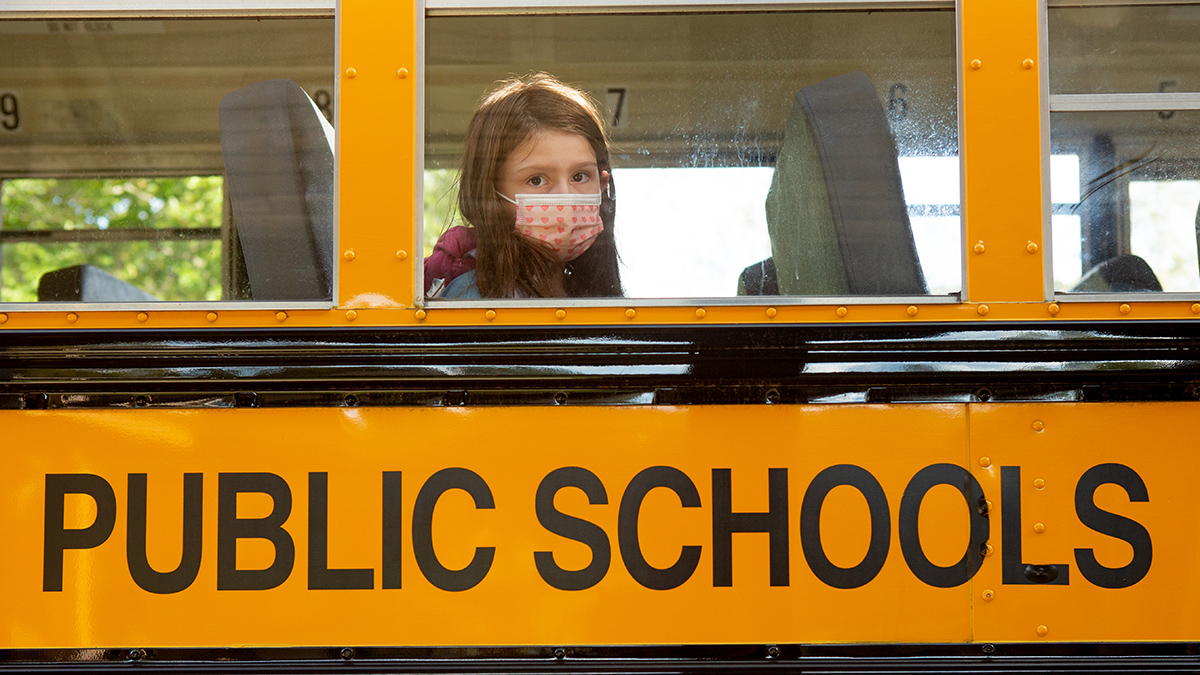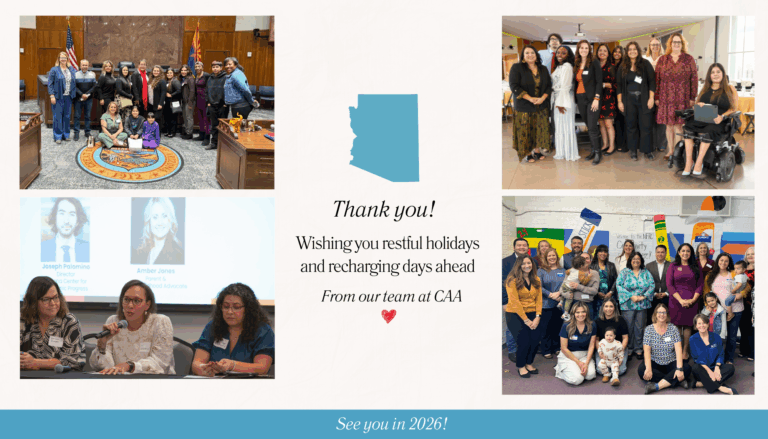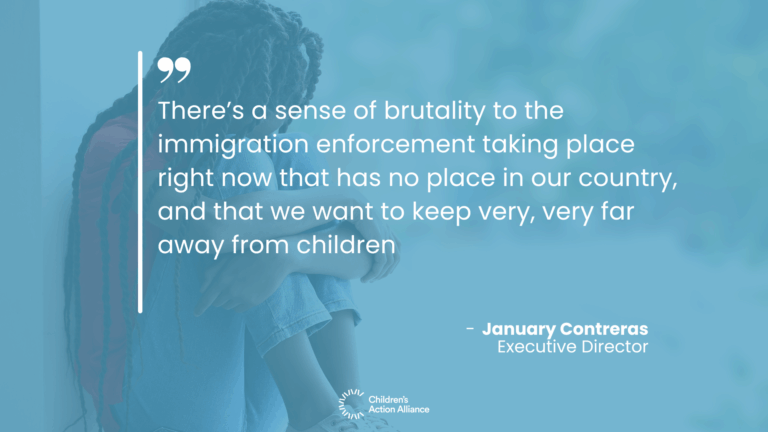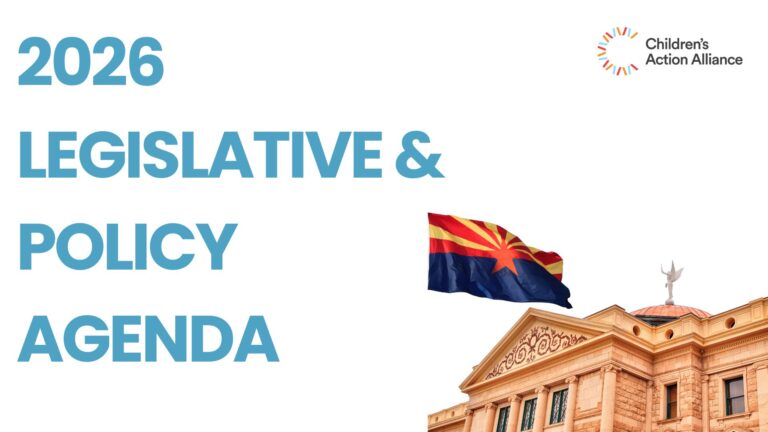
We’re suing to keep kids healthy at school
If state budgets are an indication of our government’s values, this year’s state budget is a terrifying reflection. In the midst of a pandemic that has ravaged communities and left more than 113,000 American children without a parent or custodial grandparent, the legislature did not make any significant investments in health care.
Instead, lawmakers tried to strip away the ability of schools and local governments to mitigate the spread of COVID-19. Through an unprecedented - and unconstitutional - budget process, lawmakers prohibited public schools from requiring masks or COVID-19 vaccines. This provision does not apply to private schools. This will inevitably exacerbate the disproportionate impact of the pandemic on Arizonans who have low incomes and are Black, Indigenous, and people of color.
Moreover, the legislature used the budget to prevent cities and towns from creating COVID-19 vaccine “passports,” from requiring businesses to secure proof of vaccination, or issuing mask mandates. It also prohibits other mitigation measures, like lockdowns or curfews.
We’ve lost too many Arizonans to this horrific pandemic, and too many kids have lost families. Our state budget disregards both science and the sanctity of human life. That is why last Thursday Children’s Action Alliance joined education advocates, parents, and physicians in taking the state of Arizona to court.
We’ve got a lot of work to do and we need your help. Please donate to support this legal challenge.
THE BACKGROUND:
Arizona’s budgeting process has never been fully transparent. The package of bills that comprise the budget is assembled behind closed doors and voted on, often in the middle of the night, with limited public input.
This year’s process was even murkier than usual. In a 171-day marathon session, the state legislature passed its budget at around 5 pm on June 30th - narrowly evading the government shutdown that would have occurred at midnight on July 1. The budget passed on party lines, with Republicans holding a single vote majority in both the State House and State Senate.
The state budget consists of several bills that outline how the state will spend money in the coming fiscal year. The “feed” bill establishes the spending, while issue-specific budget reconciliation bills (“BRBs”) provide context and statutory changes needed to expend the funds as directed.
Under the Arizona State Constitution, bills passed by the state legislature must pass the “single subject” test, meaning the bill must pertain to a defined topic. The content of the bill must also be reflected in its title.
But this year’s budget bills do not meet these requirements. Instead of simply outlining the budget processes, the legislature slipped in significant policy changes unrelated to the BRBs in which they are located. Many of these changes had been separate bills that did not have support on their own.
This doesn’t just defy the state constitution’s single-subject rule – it sets a terrible precedent for future state budgets, and it strips the public from participating in our democratic process.



